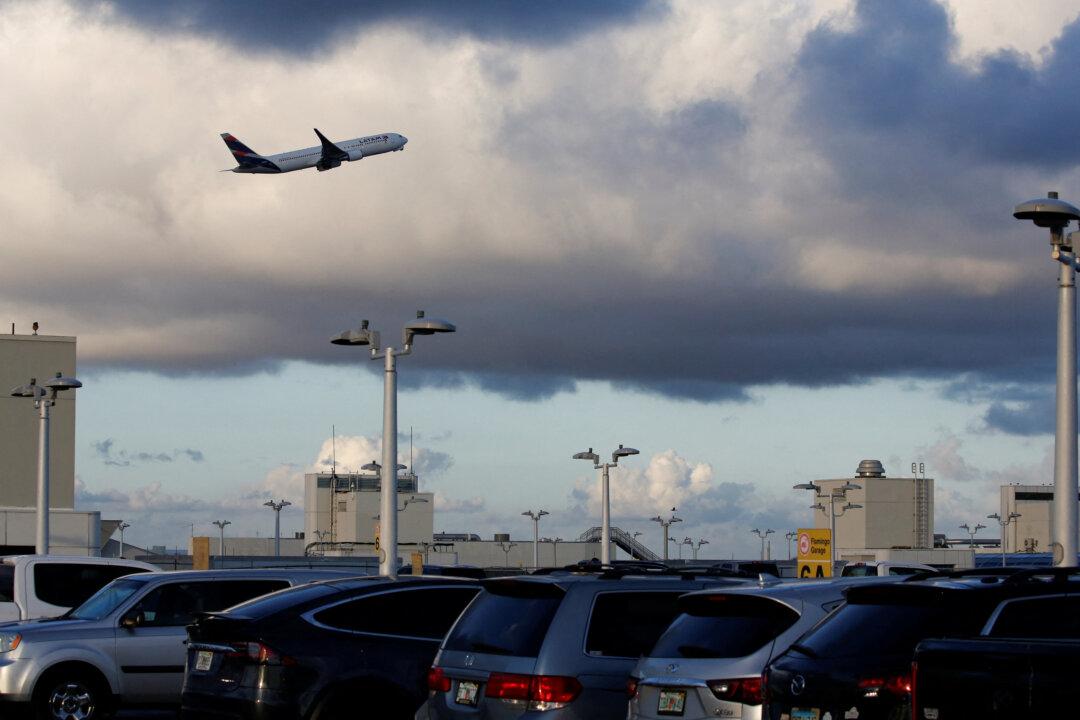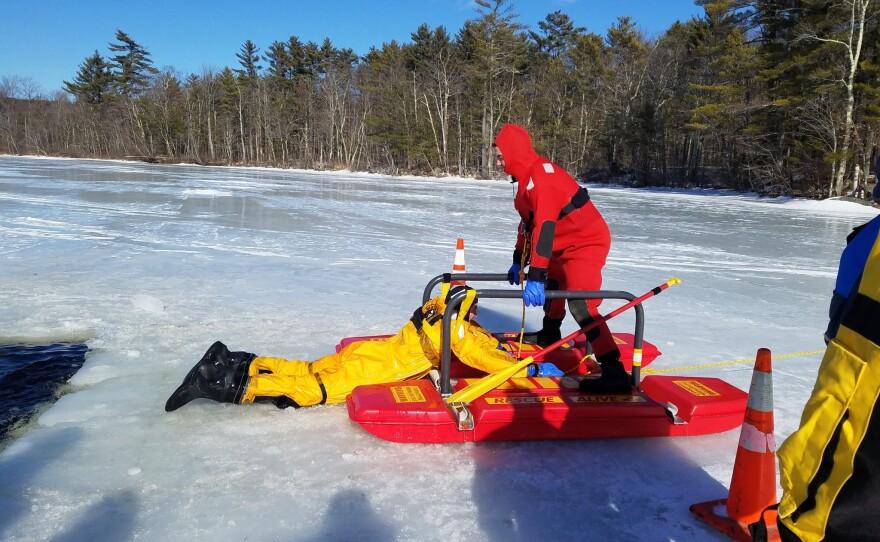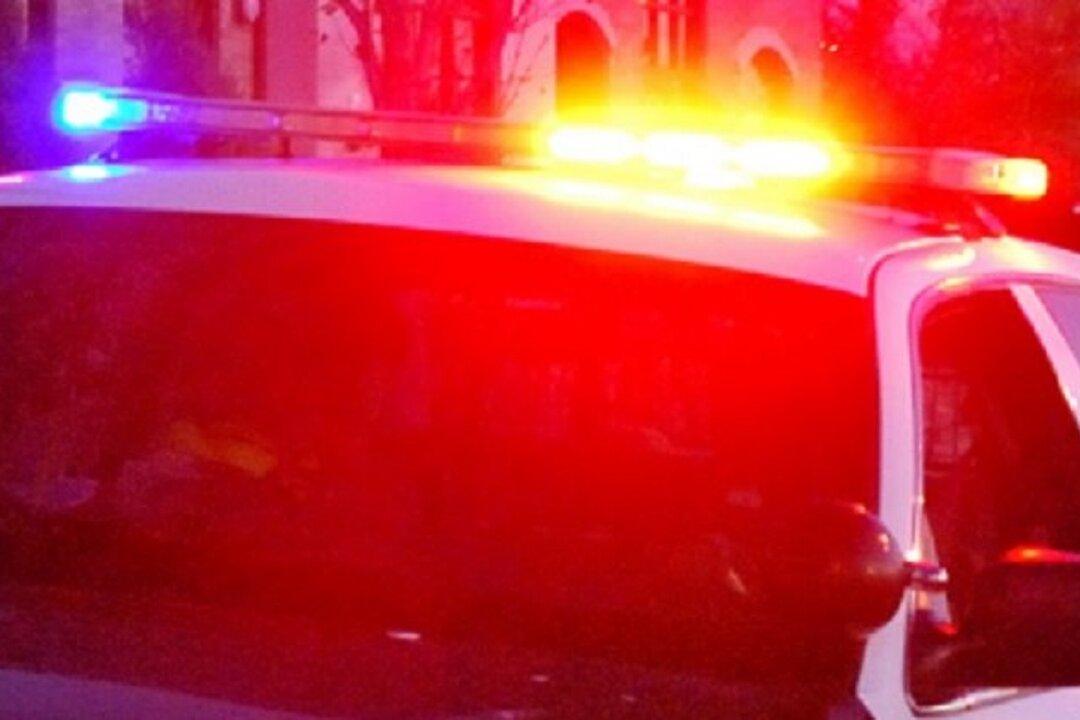The Federal Aviation Administration (FAA) on Thursday announced extra steps air traffic controllers should take to avoid more incidents of near collisions at airports.
“Even though we all know that multiple levels of safety are built into our system, there is no question that we are seeing too many close calls,” said Tim Arel, chief operating officer of the Federal Aviation Administration’s Air Traffic Organization.




